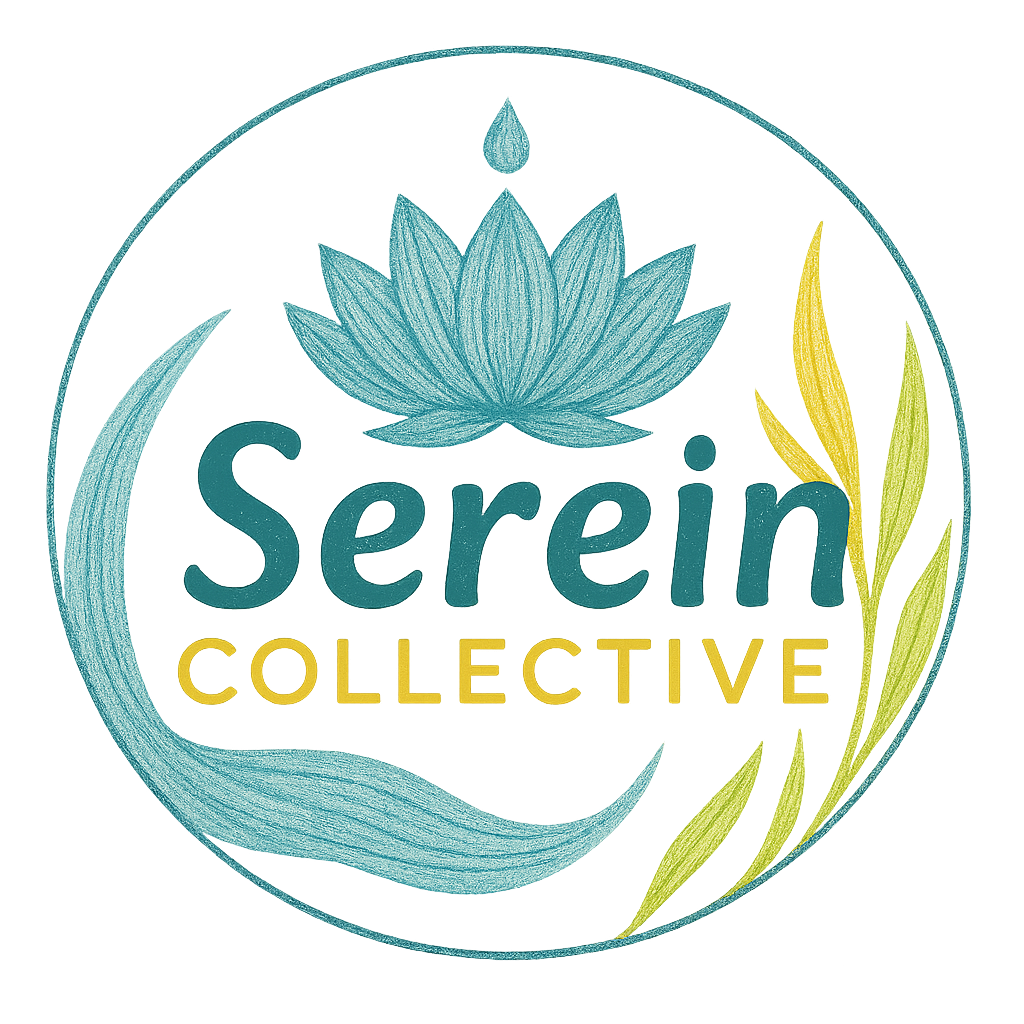Inner Child Meditation
A guided return to the younger self within you who still carries more than they should.
There is a younger version of you who learned how to survive long before you had language
for what you needed. That younger self learned which parts of you to quiet, which
responsibilities to take on, and which emotions to tuck away so life would feel a little safer.
The Inner Child Meditation is an invitation to meet that part of you again with tenderness
and care.
This guided practice helps you recognize the early wounds that shape your relationships,
your self-worth, and the way you move through the world today. It offers a place to soften,
breathe, and reconnect with the parts of you that have been waiting to be acknowledged.
What You Will Experience
A calming, slow-paced grounding sequence
A safe, reflective space to ease tension held in the body
Gentle guidance to meet your younger self with compassion
A quiet moment that belongs entirely to you
Insight into how childhood wounds shape adult relational patterns
About Still Point
Still Point is a growing collection of guided meditations designed to help you pause, return
to yourself, and move through life with more presence. These practices support moments of
overwhelm, healing, repair, and reconnection.
The full library is currently being built and
will include meditations for grief, anxiety, inner child work, emotional regulation, morning
grounding, bedtime softening, and more.
If this meditation resonates with you, you will likely find a home in Still Point.
Want early access to the full library?
Leave your email below and you will receive an automatic notification the moment Still
Point opens, along with a few free grounding practices as a thank you.
Your inbox will not be crowded. Just calm, supportive guidance when it matters most.
Disclaimer
This meditation is offered as a resource for self-guided healing and reflection. It is not a
replacement for therapy, clinical treatment, or crisis support. If you notice signs of
emotional overwhelm, distress, or dysregulation while listening, pause the practice and take
time to ground yourself. Some gentle grounding options include deep breathing, orienting
to your surroundings, placing your feet on the floor, or connecting with someone you trust.
If you are working with a therapist, you are welcome to bring any insights or emotions that
arise into your sessions. If you ever feel unsafe or unable to regulate on your own, please
reach out to a licensed mental health professional or the appropriate crisis resources in
your area.
